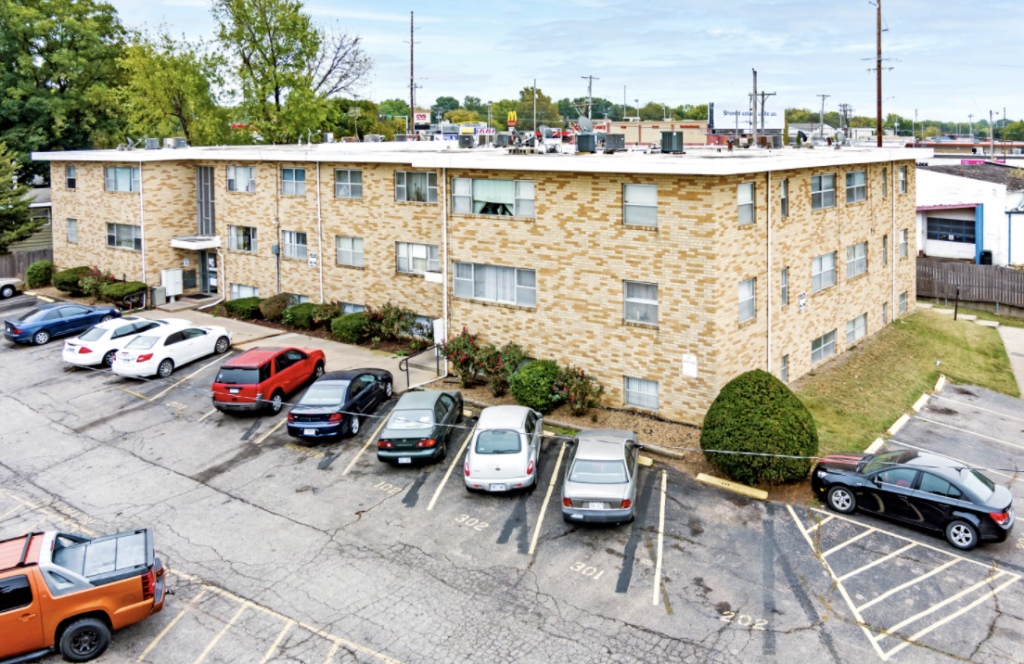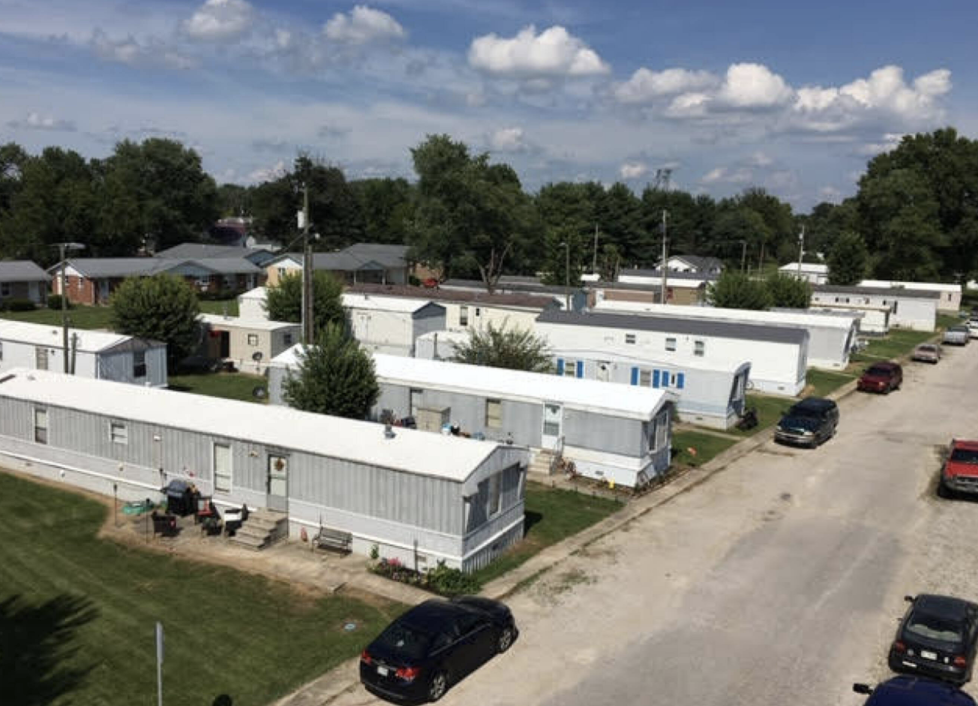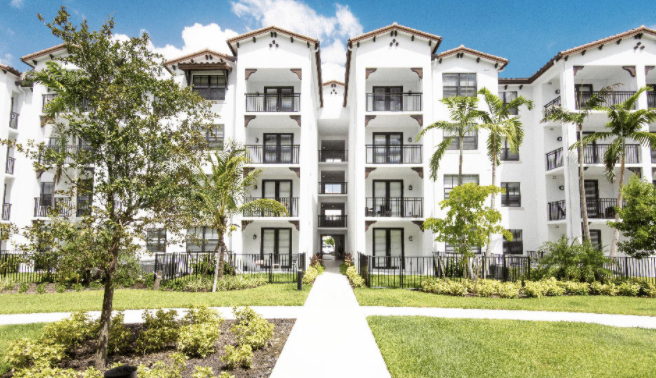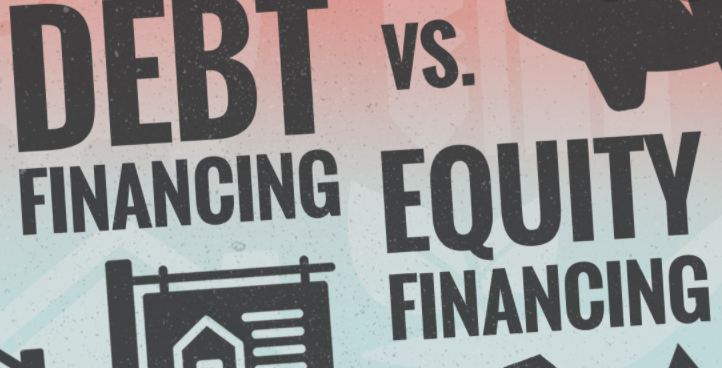
What should you expect as an average return on investment within a real estate investment? That is the question that we are going to answer in today’s blog post, and I cannot wait to share the exciting news with you. All the information that I’m about to share is from my sole experience and the experience of others I have invested with. Please be aware that real estate investing does have risk involved. However, when you buy the right properties, in the right location, for the right price, you can mitigate risk to the highest extent. Makeing real estate investing one of the most lucrative investments there is.
Calculating Return on Investment in Real Estate
Formula: (Net Profit Returned) / (Cash Invested) = Return on Investment
Example: $8,400 Profit / $57,000 Initial Investment = 14.73% ROI
Let’s jump into calculating return on investment. What we are going to be looking at are several different factors. Some of the factors being the amount of cash you have invested into the deal, the asset type of the deal, and if you are an equity partner or just a debt partner within the deal. Now let me break down each one of these concepts in detail so you can better understand them.
Which Real Estate Asset Class Makes the Most Money?

In real estate, there are several different kinds of property. This means you can choose to invest in a single-family house, multifamily apartments, office space, storage units, mobile home parks, hospitality, parking structures, retail, farmland, vacant land, development, and so much more. There are many different asset classes to choose from within real estate. This allows you to diversify your portfolio to fit your exact investing criteria.
Why does asset class matter when you’re getting into return on investment? The easiest answer to this question is because of the amount of competition in each asset class. For example… if you wanted to invest in multifamily properties between 120-160 units in size, there are a lot of real estate investors currently looking for those. This means the price will be driven up and the return on investment will go down.
An important factor you need to be aware of is the large institutional buyers such as hedge funds or banking institutions buying real estate. They’re able to earn a lower return on their money as they invest for longer periods with less capital costs. Now, what does this mean for the lower-scale investor?
It means the large institutional buyers are driving up the prices and driving down the return on investment. So asset classes, such as storage units, large scale apartments, large scale mobile home parks, office space, and retail. The return on investment is significantly lower than what you might find in the single-family space or smaller multi-family space under 75 units.
Now, are there still deals to be had in those larger institutional properties? Of course, there are. However, it does take more research, it takes better relationships to buy those deals.
What’s the ROI offered on larger 200+ unit purchases?

When we’re talking return on investment from the institutional-grade properties, you’re looking at about a 6% return annually. Now, on smaller deals under 80 units, you’re looking at typically an 8 to 10% return on your money annualized. As I am sure you are wondering, why is it possible for the smaller buyer to pay their investors a higher rate of return? This goes back to the simple concept of a larger risk, larger return. The smaller the property (5-85 units) tends to require more hands-on management vs. a 350+ unit apartment complex. Most owner-operators are going to be involved in the day-to-day operation of the park overseeing a 3rd party management company, but also making sure the property is operated at peak efficiency. With fewer investors in a deal the higher the rate of return can be paid out to the investors in the property.
CAP Rate on Investment Property
Capitalization Rate: If you were to pay cash for the property, what is the average yearly return the market dictates for the property.
Most storage units, apartments, or mobile home parks are trading between a 4-6% CAP Rate in the larger metropolitan areas. Now, what we shoot for on our investments is at least 7-9% CAP before stabilizing the property. Then after stabilization, we shoot to have a cap rate in the 10 to 14% if possible. But more important than the cap rate, is the cash on cash return.
A cash-on-cash return is determined when you are leveraging the property. Instead of paying all cash for the property, you obtain a loan of some sort from a financial institution, and you are able to use part of the bank’s money, part of your own money. When you’re using the bank’s money, you only have to put down 20 to 30% of the overall purchase price.
Your return is calculated based upon the money invested in the deal vs the net profit you’re getting from that investment. We shoot for double-digit cash on cash return when we are purchasing the property with hopes that we can get it above 15 to 16% cash on cash return after stabilization.
How Do Real Estate Investors Achieve the Highest Returns?
What I just explained may seem abnormal to those searching in different marketplaces. But, what we have found is when we source deals off the market, we can pay our investors a higher rate of return. We negotiate directly with the seller of properties with little to no broker involvement, allowing us to lock up properties for significantly under “realized market value“.
When a property is brought to market all interested real estate investors receive a notification to their phone or email. Now, instead of 1 interested party, there are 15-20 groups looking to make an offer. Thus driving up the price & squeezing out much of the upside potential for passive investors within the deal.
To avoid this, we utilize a marketing strategy which not only allows us to speak directly with the owner, but keep a pipeline of off-market properties ready to go.
Should You be a Debt or Equity Investor in Real Estate?
Now going into the last part of this blog post, we want to specify the difference between a debt and equity partner. A debt partner is someone lending their money to a real estate investor for a guaranteed rate of return. An example of this would be you lending $100,000 at 9% interest to your Cousin Johnny, with a repayment deadline of 24 months. You would earn 9% interest on your $100,000 for 24 months and then in the end be paid off in full.
An equity partner differs because the passive investor in the deal receives an equitable interest within the property. An example of this would be you lending cousin Johnny $100,000 at 6% interest, plus 15% ownership in the property. With a 36 month deadline for the $100,000 to be paid back in full. When you are an equity partner in a real estate deal, not only do you receive interest on your money, but you receive the upside potential of the deal being worth much more in 3 years’ time.
How we Structure our Purchases >>

In a normal purchase situation, we partner with other equity partners on deals. We bring in 5 10, 15% of the down payment, the passive investors (equity partners) bring in the other money. We also give a percentage of ownership interest in the property. We pay a preferred return of 8% for the amount of time money is tied up in the property and we share all profits after that 60% to the owner/operator, 40% to investors.
A perfectly executed business plan would result in an apartment building being worth $500,000-$600,000 more than what we purchased it for 12 months prior. Meaning, a passive investors net worth would go up $200,000-$240,000 when the plan was executed properly.
It not only gives our investors upside potential, it also gives them the benefit of owning rental real estate, where they can depreciate losses on their tax returns and utilize all of the tax benefits of rental real estate. In my opinion, the preferred method for investors is to become an equity partner in the deal.
Want to Discuss Partnering With Us?
If you are interested in investing in real estate or learning more about how the process work, please reach out to Carter to chat further. You can feel free to fill out the form down below or contact us on our phone, which is (920) 252-2864. If you have further questions please don’t hesitate to reach out & ask.
Contact Us
We would love to hear from you! Please fill out this form and we will get in touch with you shortly.

